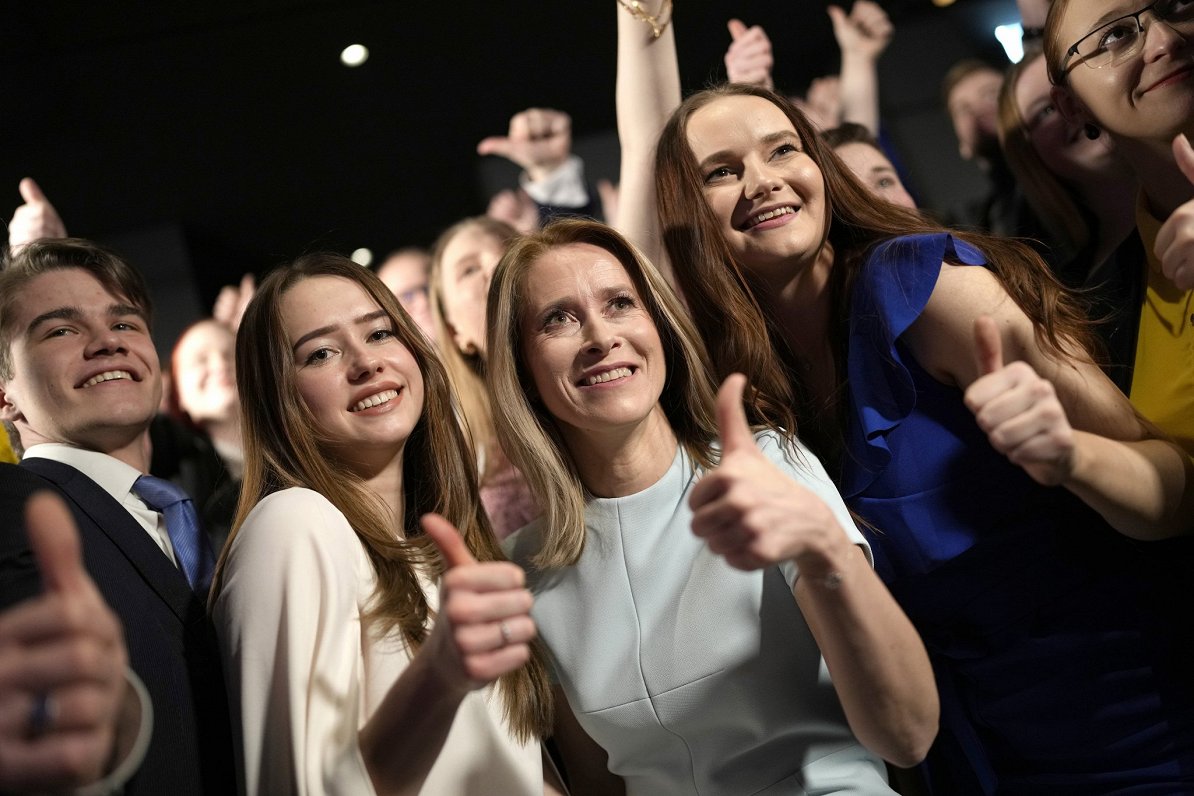Congratulations to my friend and colleague @kajakallas on election victory! Looking forward to even further strengthening cooperation with our close neighbour and ally #Estonia. 🇱🇻🇪🇪
— Krišjānis Kariņš (@krisjaniskarins) March 6, 2023
As reported by ERR in Estonia, Kallas' Reform Party turned in a strong performance at the polls and claimed 37 seats in the 101-seat Riigikogu or parliament, making it a near-certainty to head the next Estonian coalition government.
You can read ERR's full election coverage and analysis here: https://news.err.ee
With results in and six parties claiming seats, the government formation process now commences, with the odds high that the next Estonian administration will look fairly similar to the current one. According to ERR:
"Now the election results are in and the seats distributed by party (pending recounts and appeals), the serious task of getting down to coalition negotiations begins.
The task here is to get a signed agreement of two or more parties (three is the norm), who therefore must seek common ground with each other and need to have a majority (ie. 51 seats at the 101-seat Riigikogu).
Less than that and the coalition may very well not be voted into office by the Riigikogu's MPs in the first place (a necessary step), while even 51 or 52 seats would leave little margin for any coalition MPs leaving their party.
This is the task facing the parties, in the coming weeks," says ERR, and estimates that it will take around a month for the new parliament to be installed, with a vote on the formation of a new government likely some time in April.




























